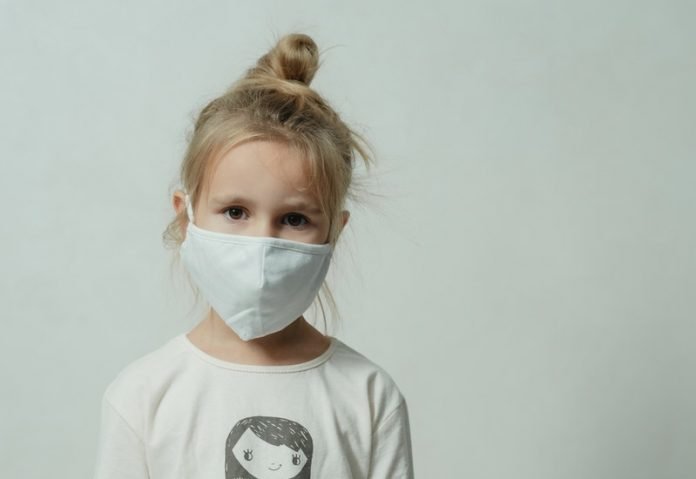
In a new study from the University of Pittsburgh School of Medicine, researchers found that 44% of hospitalized children who tested positive for coronavirus developed neurological symptoms.
The most common neurologic symptoms were headache and altered mental status, known as an acute encephalopathy.
These children were more likely to require intensive care than their peers who didn’t experience such symptoms.
The SARS-CoV-2 virus can affect pediatric patients in different ways. It can cause acute disease, where symptomatic illness comes on soon after infection. In other cases, patients may develop an inflammatory condition called MIS-C weeks after clearing the virus.
One of the consortium’s big questions was whether neurological manifestations are similar or different in pediatric patients.
In the current study, the team recruited 30 pediatric critical care centers around the world.
Of 1,493 hospitalized children, 1,278, or 86%, were diagnosed with acute SARS-CoV-2; 215 children, or 14%, were diagnosed with MIS-C, or multisystem inflammatory syndrome in children, which typically appears several weeks after clearing the virus and is characterized by fever, inflammation and organ dysfunction.
The researchers found that the mortality rates in children are low for both acute SARS-CoV-2 and MIS-C. But the frequency of neurological manifestations is high.
It’s possible that the findings underestimate the real fact, because these symptoms are not always documented in the medical record or assessable.
In other words, neurological manifestations were more common in kids with MIS-C compared to those with acute SARS-CoV-2. Children with MIS-C were more likely than those with acute illness to have two or more neurologic manifestations.
In the follow-up study, the researchers are exploring whether acute SARS-CoV-2 and MIS-C—with or without neurologic manifestations—have lasting effects on children’s health and quality of life after discharge from the hospital.
If you care about COVID, please read studies that 40% of COVID-19 survivors have a new disability, and COVID-19 booster shots prompt stronger, longer protection than original shots.
For more information about health, please see recent studies about what happens to our immune systems when we get a booster, and results showing green tea may protect your body as a vaccine.
The study was conducted by Ericka L. Fink et al. and published in Pediatric Neurology.
Copyright © 2022 Knowridge Science Report. All rights reserved.



